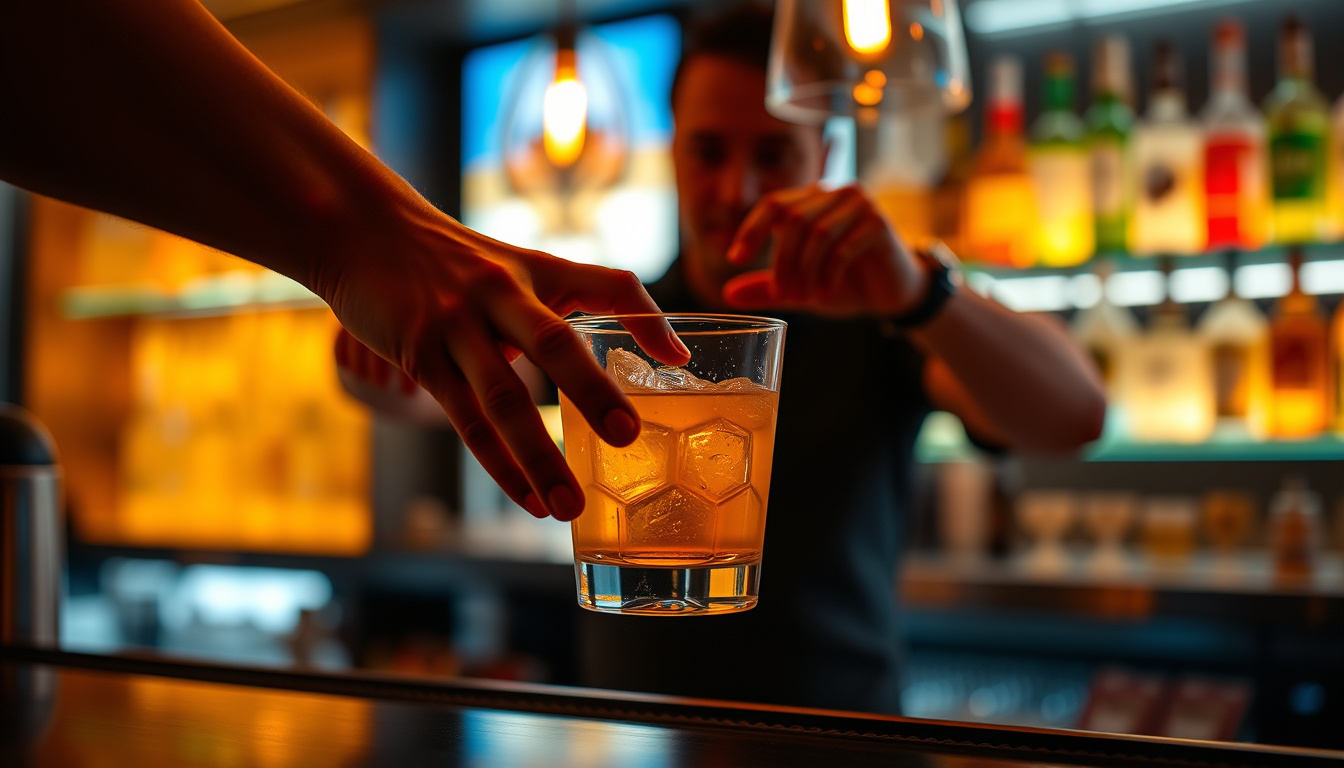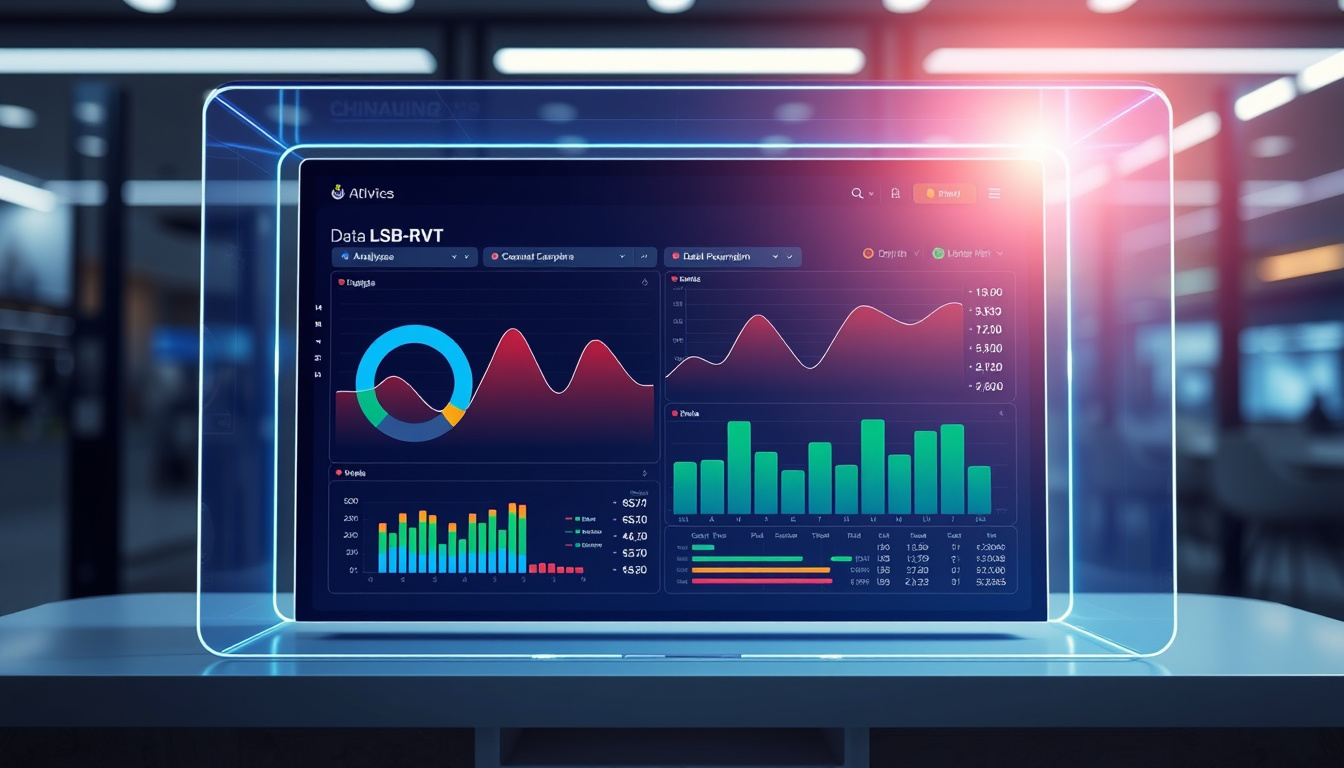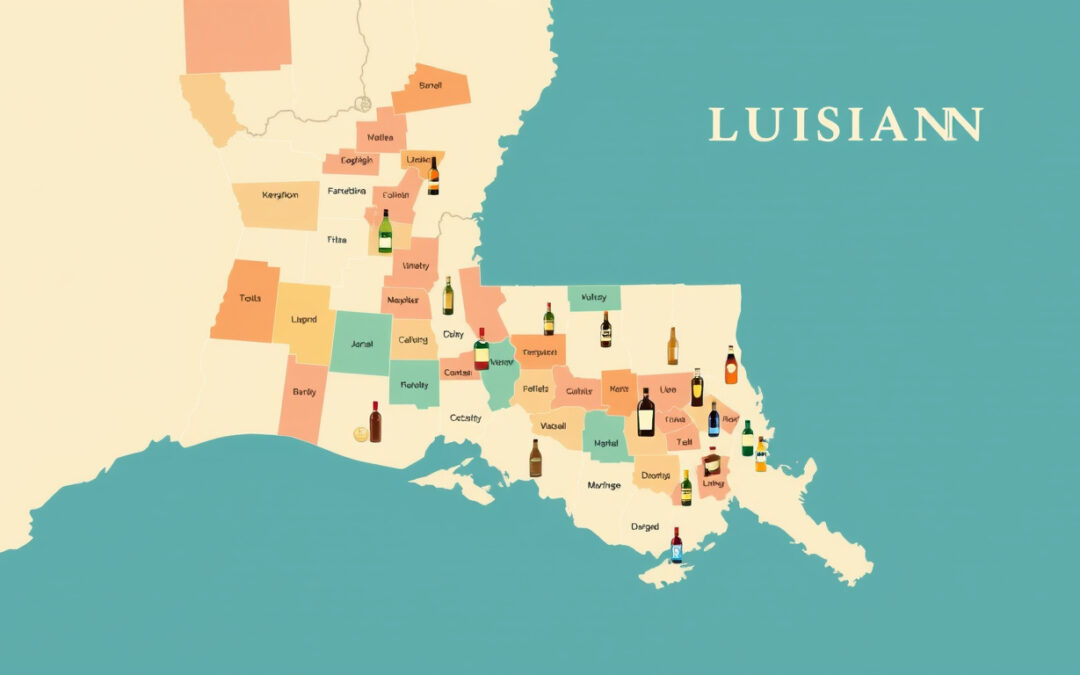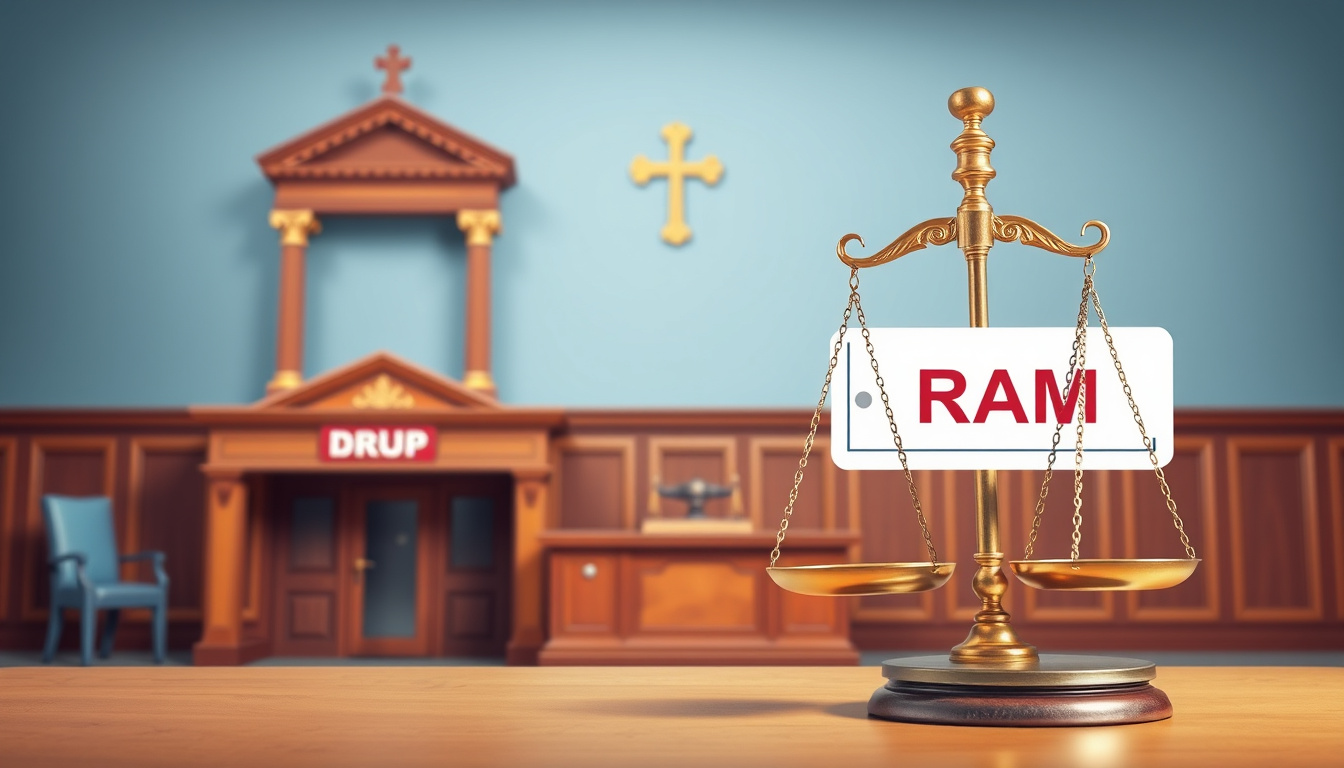
BLOG
In the hospitality industry, service and law connect. Responsible beverage service is more than a legal duty. It protects customers, reduces risk, and supports community standards. Establishments sell and serve alcohol while following clear rules. This article explains practices that make alcohol sales safe and legal.
Understanding Responsible Beverage Service
Responsible beverage service means following clear rules. Servers, bartenders, and managers learn. They learn to spot problems. They check IDs, see signs of intoxication, and know when to stop serving. This practice protects minors and helps avoid alcohol misuse. It also meets local and state laws.
When establishments follow these steps, they avoid fines, lawsuits, and license issues. They help keep both customers and communities safe.
Why Responsible Beverage Service Matters
There are many reasons to serve alcohol safely:
- Legal rules need trained staff.
- Public safety improves when service is moderate.
- A safe service builds trust and a good reputation.
- Clear service steps reduce legal risk if harm occurs.
Key Practices for Responsible Beverage Service
Practices for safe alcohol service link each step closely.
1. Verify Legal Drinking Age
The first step is to check IDs. Ask for a government-issued ID if you are not sure of the person’s age. Laws come with fines and penalties if a minor is served. Common IDs are driver’s licenses, passports, or military IDs. Staff learn to spot fake IDs.
2. Recognize Signs of Intoxication
Training helps employees learn key signs. They watch for slurred speech, poor coordination, aggressive behavior, drowsiness, or an alcohol smell. When they see these signs, they stop serving. This choice makes all the difference.
3. Manage Alcohol Consumption Pace
A safe pace keeps drinking controlled. Serve drinks in safe glassware. Offer water or non-alcoholic drinks. Avoid large sizes and monitor how many rounds pass. These steps slow down intoxication and reduce risk.
4. Train Staff Thoroughly and Regularly
Training builds clear, strong links between actions and law. Programs teach alcohol laws, ID checking, and refusal techniques. Refresher courses help staff stay updated. Many areas offer certified classes that confirm skills.
5. Use Clear Communication and Refusal Techniques
When service is refused, the staff must speak clearly and calmly. They explain the law or rule behind the decision. They may offer water or food and ask for help from security or a manager. These clear steps help avoid conflict.
6. Control Atmosphere and Environment
A calm setting helps control drinking. It avoids over-hyped promotions or aggressive happy hours. It gives patrons enough seating and food. It keeps lighting bright and security visible. All these parts link to a safer dining or bar experience.

7. Keep Accurate Records
Record keeping binds past actions to future safety. Staff write down incidents like refusals or conflicts. They note the date, time, and what happened. These records show that the establishment followed its safe practices.
Checklist for Implementing Responsible Beverage Service
Below is a checklist of clear, linked practices:
- Train all staff in safe alcohol service and legal rules.
- Check every customer’s age with a valid ID.
- Notice and refuse service to individuals who show intoxication.
- Keep drink sizes moderate and offer alternatives.
- Communicate refusals in a calm and clear way.
- Set up a pleasant and controlled environment.
- Write down details of any incidents.
- Stay updated on local alcohol laws.
Following this checklist helps restaurants, bars, and venues serve alcohol in a safe and legal way.
Legal Implications of Neglecting Responsible Beverage Service
When service is careless, the consequences come fast. The establishment may lose its liquor license. Fines and penalties can be high. Lawsuits may follow if harm occurs. The business’s reputation suffers, too. In extreme cases, criminal charges come into play.
The Role of Technology in Responsible Beverage Service
Technology links directly to safer service. Tools such as ID scanners check customer IDs fast. Point-of-Sale systems alert staff when many drinks are ordered within minutes. Digital training programs let employees learn at their own pace. These tools support safe practices and law.
Frequently Asked Questions (FAQ)
1. What is responsible beverage service training?
It is training that links legal rules with clear steps. Staff learn to check IDs, spot intoxication, and refuse service. They then serve alcohol safely in line with the law.
2. How do I identify if a customer is intoxicated in responsible beverage service?
Look for slurred speech, poor balance, aggressive actions, sleepiness, and an alcohol smell. When these signs appear, staff stop serving further drinks.
3. Why is responsible beverage service important?
It prevents alcohol-related harm such as accidents or violence. It keeps the law in view and protects the business. It also builds trust with customers and the community.
Conclusion
Responsible beverage service weaves law and care into one practice. Verifying age, spotting intoxication, and managing consumption connect clearly to legal and safe service. Venues that link these practices help create safer communities and happier customers.
For more on responsible beverage service standards, see the National Institute on Alcohol Abuse and Alcoholism resources and training guidelines (source).

BLOG
In today’s tech world, tools matter. Choosing the right one helps your project win. LSB-RVT is growing fast. If you code, design systems, or love tech, knowing LSB-RVT helps you use it well. This article shows LSB-RVT’s core parts and why it matters.
What is LSB-RVT?
LSB-RVT stands for Linux Standard Base – Runtime Verification Tool. It makes software work on many Linux systems. LSB-RVT gives you a standard way to run, test, and check applications.
When you use LSB-RVT, you catch mistakes. It watches for faults, upholds system rules, and keeps apps safe while they run. This makes your software strong and helps when you fix bugs.
Core Features of LSB-RVT
Knowing LSB-RVT’s parts helps you see its place in today’s tech world. Here are its main parts:
1. Runtime Environment Standardization
LSB-RVT makes sure apps run the same way. It gives a clear runtime base based on the Linux Standard Base. This cuts down on errors from different Linux versions and helps your software move easily.
2. Automated Runtime Verification
The tool checks how your app works without you stepping in. It watches memory, API calls, system calls, and more. This finds errors that simple checks might miss.
3. Policy Enforcement Mechanism
LSB-RVT helps set and keep runtime rules. These rules limit resource use, gate access, and set work limits. They keep apps in line with your security and work policies.
4. Comprehensive Logging and Reporting
LSB-RVT builds detailed logs and reports. These records show how your app behaves, point out slow spots, and make finding faults easy.
5. Cross-platform Compatibility
LSB-RVT works with many Linux types. This wide support makes it easy to deploy in mixed settings like enterprise work.
Benefits of Using LSB-RVT in Modern Tech Solutions
Using LSB-RVT brings clear gains as software grows in size and complexity.
Enhanced Application Stability and Reliability
LSB-RVT keeps an eye on your app during run time. It stops small errors from growing. This means your software works smoothly and meets high quality.
Simplified Compliance and Security
LSB-RVT sets rules that match security standards and work policies. It stops unauthorized actions and resource misuse by staying alert.
Reduced Debugging and Maintenance Efforts
With its logs and checks, LSB-RVT cuts down on mystery work. Developers spend less time hunting bugs when faults show up early with clear data.
Increased Portability and Compatibility
A stable runtime across Linux types means fewer gaps in software. This ease of movement helps your app fit in many systems.
Support for Continuous Integration and DevOps Pipelines
LSB-RVT plays well with build and deploy pipelines. It shares run time data that improves code quality. This speeds up how fast you deliver new versions.
How to Implement LSB-RVT in Your Workflow
To add LSB-RVT, follow these steps:
- Assess Requirements: List your runtime check needs, including rules and targets.
- Install LSB-RVT Toolset: Set up the libraries and tools for your Linux version.
- Define Runtime Policies: Write rules that match your work and security needs.
- Integrate with Development Pipelines: Add run time checks to your CI/CD steps.
- Monitor and Analyze Reports: Look through logs and reports to spot errors fast.
- Iterate and Improve: Use feedback from LSB-RVT to boost software stability, security, and speed.
Real-World Applications of LSB-RVT
LSB-RVT works in many areas:
- Enterprise Software Systems: It helps key apps run without errors on mixed systems.
- Security-Sensitive Environments: It stops bad actions by enforcing strong run time checks.
- Cloud-native Services: It ensures apps run reliably in container and virtual setups.
- Embedded Linux Devices: It checks run time work in small, focused systems to keep them safe.
Frequently Asked Questions About LSB-RVT
Q1: What is the main purpose of LSB-RVT?
It gives Linux apps a regular way to run and checks for mistakes while they work.
Q2: How does LSB-RVT improve software security?
It sets rules during run time that stop bad moves and manage resource use.
Q3: Can LSB-RVT be used with all Linux distributions?
Yes. It is built to work with many Linux types that meet the Linux Standard Base.
Conclusion
LSB-RVT gives you a strong way to check run time work, set rules, and keep a steady software base on Linux. Its parts help build apps that are safe, strong, and work across systems. By adding LSB-RVT to your work, you keep your software stable, meet standards, and run it fast—even when things get complex.

For more on the Linux Standard Base and run time checks, see the Linux Foundation’s documentation (source).
Embrace LSB-RVT today. It builds a stronger, safer tech future.

BLOG
If you plan a night out or a quiet drink in the Pelican State, know Louisiana alcohol laws. These rules show where you buy drinks, when you buy them, and how you drink. They help you follow the law while you have fun. This article explains Louisiana alcohol laws. It covers age rules and open container rules. You will know what to expect before you drink.
Overview of Louisiana Alcohol Laws
Louisiana alcohol laws come from state rules and local choices. Rules change by parish or city. The state sets the drinking age, sales hours, and seller licenses. Local leaders add more rules when needed.
Louisiana is known for its lively nights and festive air. Its alcohol laws aim for safety and free expression.
Minimum Legal Drinking Age in Louisiana
You must be 21 to drink in Louisiana. This rule is national and strict. Retailers and bars check your ID. If you break this rule, you face fines, service work, or worse. Both young drinkers and those who give drinks to minors pay for it.
Hours of Alcohol Sales: When Can You Buy Alcohol?
Louisiana rules also set sales hours. While local rules may vary, these times work for most of the state:
- Monday through Saturday: Sales start at 6 a.m. and end at 2 a.m. the next day.
- Sunday: Sales start at 10 a.m. or noon and end at 2 a.m. Monday.
Some parishes are “dry” or have tight rules. It is smart to check local rules before you go out.
Alcohol Sales and Consumption: Where It’s Allowed
Package Stores Vs. Bars and Restaurants
Louisiana rules split places by how they sell and serve alcohol:
- Package stores sell drinks to take home. Examples are liquor stores, grocery stores, and convenience stores. They close at 2 a.m. and must follow state rules.
- Bars and restaurants serve alcohol for on-the-spot use. They have rules that work with or sometimes extend past package store hours.
Public Consumption and Open Containers
Louisiana usually stops open containers in public. This means no drinks on streets, in parks, or on sidewalks—unless the city or parish allows it. New Orleans, for example, lets open containers in special areas. This rule adds to the city’s party feel.

Know your local open container laws. If you break the rules, you can face fines or arrest.
Driving Under the Influence (DUI) Laws in Louisiana
Driving while drunk is a serious crime. In Louisiana, a driver’s blood alcohol level must stay below 0.08% if they are 21 or older. For commercial drivers, the limit is 0.04%. Anyone under 21 can not have any alcohol if they drive.
DUI penalties include large fines, license loss, alcohol education programs, and jail time if you offend again.
Special Louisiana Alcohol Rules You Should Know
Holiday and Special Event Regulations
On some holidays and events, sales hours may change. During Mardi Gras or festivals, some local rules loosen. Still, check with local sources to be sure.
Alcohol Taxes and Pricing
Louisiana adds state taxes on alcohol. Taxes differ for beer, wine, and spirits. The extra cost helps pay for public safety and health programs.
Summary: Important Louisiana Alcohol Laws to Remember
Here is a quick checklist of Louisiana alcohol laws:
- You must be 21 to drink.
- Alcohol sales run from 6 a.m. to 2 a.m. (Monday–Saturday) and start later on Sunday.
- Open containers are banned in most public places (except in some cities like New Orleans).
- The DUI limit is a BAC of 0.08%.
- Local parishes may add their own rules or have “dry” areas.
- Rules differ for package stores and places that serve alcohol on site.
- Check local rules during special events or holidays.
FAQ Section: Louisiana Alcohol Laws FAQs
What is the legal drinking age in Louisiana?
The law requires you be 21 to drink. It is illegal to sell or give alcohol to younger people.
Can I drink alcohol in public in Louisiana?
Rules on open containers change by area. In most places, you cannot drink on the street. But cities like New Orleans allow it in certain spots.
What are the hours when alcohol can be sold in Louisiana?
Usually, stores and bars sell alcohol from 6 a.m. to 2 a.m. Monday through Saturday. Sunday hours start later. Check for local differences.
Additional Resources
For the latest and most accurate rules, visit the Louisiana Office of Alcohol and Tobacco Control (ATC) website. They enforce rules and give out licenses.
Knowing these Louisiana alcohol laws helps you drink safely and legally. Whether you visit or live in the state, these rules protect you and your community. Cheers!

BLOG
Selling alcohol is a privilege. It brings great duties. Many places require a responsible vendor course. In this course, vendors, managers, and staff learn the rules. They learn how to follow alcohol laws and lower risks. In this article, we explain what the course covers, why it matters, and how it protects your business and community.
What Is a Responsible Vendor Course?
A responsible vendor course is a focused training program. It teaches alcohol sellers the rules set by federal, state, and local laws. The course covers how to spot underage drinkers, read signs of intoxication, and face legal duties. Its aim is to support safe choices that stop alcohol accidents and problems.
When you take a responsible vendor course, you show your commitment to the law and public safety. Many states and alcohol boards require this training or advise it strongly for vendors.
Why Is a Responsible Vendor Course Important?
The alcohol industry has strict laws. These laws protect health and safety. If you break them, you may face fines, lose your license, or see it suspended. Finishing the course has clear benefits such as:
- Legal Compliance: It makes sure you know your alcohol laws.
- Risk Reduction: It helps you stop serving minors or over-served guests.
- Improved Customer Safety: It helps you spot over-intoxication.
- Protects Business Reputation: It shows you work safely and legally.
- Employee Confidence: It gives staff clear steps to handle problems.
A study by the National Institute on Alcohol Abuse and Alcoholism shows that training cuts risky behavior and incidents.
Core Topics Covered in a Responsible Vendor Course
The course topics can differ by location. They usually cover these key areas:
1. Alcohol Laws and Regulations
Learn the rules. Understand legal drinking ages, sales times, and ID checks.
2. Identifying Minors and Fake IDs
Learn to check IDs. See genuine IDs from fake ones to stop underage sales.
3. Recognizing Intoxication
Learn signs of intoxication. Notice slurred speech or slow movement so you can stop service.
4. Handling Difficult Situations
Learn how to handle conflict. Find ways to calm aggressive or uncooperative guests.
5. Consequences of Violations
Learn what happens if you break the rules. Know the legal, money, and reputation costs.
6. Responsible Service Policies
Learn the best ways to serve alcohol safely. Know when to step in and how to watch customers.
Benefits of Online vs. In-Person Responsible Vendor Courses
The training is given online or in person. Each way has good points:
-
Online Courses
They are convenient and flexible. You work at your own pace. Many courses have tests and give a certificate. They also tend to cost less and work for many locations.
-
In-Person Courses
These offer a hands-on feel. You ask questions face-to-face. You join group talks and role-play. They work well if you learn best with real-time help.
Your choice depends on your business needs, your budget, and local rules.
How to Choose the Right Responsible Vendor Course
To pick a course, consider these points:
-
State or Local Requirements:
Check if your area needs training from a certified provider.
-
Course Content:
Make sure the course has all the legal and practical points you need.
-
Certification:
Confirm that you get a recognized certificate.
-
Cost and Duration:
Check the fees and time to fit your business.
-
Course Format:
Decide if online or in-person works best for your team.
-
Reputation and Reviews:
See good feedback from past students and industry experts.
A course that meets these factors helps your team work safely and by the rules.
Steps to Implement Responsible Vendor Training in Your Business
To set up the training, follow a clear plan:
-
Assess Training Needs
Find which staff members need the training.
-
Research Approved Courses
Check with your state’s alcohol board for approved programs.
-
Schedule Training
Set training times that do not interrupt work.
-
Complete the Course
Ensure everyone takes the course and passes any tests.
-
Keep Records
Save certificates and records for future checks.
-
Provide Ongoing Refresher Training
Plan regular updates to keep up with new laws.
These steps keep your business safe and show a commitment to responsible alcohol sales.
Frequently Asked Questions About Responsible Vendor Courses
Q1: What is the difference between a responsible vendor course and a bartending license course?
A responsible vendor course mainly teaches the law and safe service. A bartending license course adds mixology and customer skills. Both help with safe alcohol service, but the vendor course centers on rules.
Q2: How often do I need to renew my responsible vendor course certification?
Renewal times vary. They are often between one to three years. Regular updates keep you in law.
Q3: Are responsible vendor courses mandatory everywhere?
No. Rules change by state and city. Many places strongly suggest or require the course to keep your license.
Conclusion
A responsible vendor course is key training for anyone selling or serving alcohol. It makes sure you follow the law, keeps customers safe, and lowers your risks. Whether you train online or in person, taking this course must be a top goal for safe and legal alcohol service. To safeguard your business and community, invest in responsible vendor training.

For more details about training and legal adherence, visit the Alcohol and Tobacco Tax and Trade Bureau (TTB) or your local alcohol control authority.
By using responsible vendor training, you follow the law and help create a safe and careful drinking space. This choice benefits everyone involved.

BLOG
When it comes to incidents involving alcohol consumption and liability, one term that often appears in legal discussions is "DRAM shop." A DRAM shop, or a liquor license establishment, can have significant legal implications when involved in events like accidents or injuries related to alcohol consumption. Understanding the role and regulations of a DRAM shop in legal cases is vital for both consumers and business owners. This article explores what a DRAM shop is, how it functions within the legal framework, and the responsibilities and limitations faced by these establishments.
What Is a DRAM Shop?
A DRAM shop is a colloquial term derived from the abbreviation "Dram," which historically refers to a small measure of whiskey or spirits. In modern legal contexts, a DRAM shop typically refers to a bar, tavern, restaurant, or any business licensed to sell alcohol. The term is most often used in connection with laws and statutes that hold these establishments liable under certain conditions related to alcohol sales.
The Legal Foundations of the DRAM Shop Laws
DRAM shop laws are statutes enacted at the state level that impose liability on alcohol-serving establishments for damages caused by intoxicated patrons. These laws aim to encourage responsible alcohol service and prevent alcohol-related harm, such as accidents, injuries, or fatalities. While the specifics vary from state to state, the core premise is that a DRAM shop can be held legally responsible if they serve alcohol to someone visibly intoxicated or underage, leading to harmful incidents.
For example, in states with DRAM shop statutes, a victim injured by a drunk driver who was served alcohol unlawfully may bring a lawsuit against the establishment that served the intoxicated individual. These laws serve both as a deterrent against irresponsible serving practices and as a mechanism for victims to seek compensation.
Role of a DRAM Shop in Legal Cases
In legal cases, the role of a DRAM shop revolves around establishing liability for damages caused by a patron who was overserved. Typically, the following aspects are scrutinized:
- Proof of Serving to an Intoxicated Patron: The plaintiff must show that the establishment served alcohol to a patron who was visibly intoxicated or underage at the time of service.
- Causation: It needs to be demonstrated that the establishment’s actions directly contributed to the incident, such as a DUI accident or injury.
- Violation of Law or Policy: The establishment failed to adhere to legal requirements, such as not checking identification or violating local alcohol serving regulations.

Liability and Limitations
DRAM shop liability is usually limited to certain damages and under specific circumstances. For instance:
- The injury must be directly related to the intoxicated condition of the patron.
- The violation of serving laws must be proven.
- Some jurisdictions restrict liability to cases involving gross negligence or reckless serving.
This nuanced liability framework varies widely and depends on state legislation, which may impose different rules on the employer’s duty of care, the extent of damages recoverable, and defenses available.
Responsibilities of a DRAM Shop
Operating a licensed alcohol establishment comes with several responsibilities aimed at promoting safety and legal compliance:
- Checking Identification: Always verify the age of patrons to prevent underage drinking.
- Monitoring Intoxication Levels: Observe patrons for signs of intoxication and refuse service when appropriate.
- Training Staff: Educate servers on responsible alcohol service and legal obligations.
- Maintaining Accurate Records: Keep detailed records of sales, service times, and incidents which may be relevant in legal proceedings.
- Adhering to Local Regulations: Follow all licensing, health, and safety codes as mandated by law.
Regulations Governing DRAM Shops
DRAM shop regulations are governed primarily at the state level, meaning that the specific standards, liabilities, and protections can differ significantly. Common elements include:
- Licensing Requirements: Establishments must acquire specific licenses to sell alcohol legally.
- Age Restrictions: Serving underage individuals can result in hefty fines, license suspension, or revocation.
- Server Training: Many states require servers to complete responsible beverage service training.
- Liability Limitations: Some states limit damages or require specific proof to establish liability.
- Mandatory Reporting: Certain incidents, such as injuries or deaths, must be reported to authorities.
Implications for Business Owners and Consumers
For business owners, understanding DRAM shop laws is essential in minimizing legal risks and promoting responsible alcohol service. Proper staff training, meticulous record-keeping, and adherence to all legal requirements are key defenses against liability claims.
For consumers, awareness of DRAM shop laws can influence their expectations about service standards and liability. When injuries or accidents occur due to alcohol consumption involving a licensed establishment, victims often seek compensation through legal avenues involving DRAM shop liability.
Common Scenarios Involving a DRAM Shop in Legal Cases
Eligibility for liability varies depending on the situation, but some common legal scenarios include:
- Drunk Driving Accidents: A patron leaves a bar intoxicated and causes a car accident.
- Underage Drinking: A minor is served alcohol illegally at a licensed establishment and later involved in an incident.
- Violence or Disorderly Conduct: An intoxicated patron becomes violent or disruptive, causing harm to others.
- Injuries on Premises: A slip-and-fall or other injury occurs on the establishment’s property due to negligence.
These scenarios often form the basis of legal claims against DRAM shops, emphasizing the importance of responsible service and compliance.
Importance of Legal Guidance
Navigating the complexities of DRAM shop laws requires specialized legal knowledge. For claimants and defendants alike, consulting an experienced attorney can clarify rights, responsibilities, and potential liabilities. Proper legal guidance can streamline case proceedings and help achieve fair outcomes.
FAQs About DRAM Shop in Legal Cases
Q1: What is a DRAM shop in the context of liability?
A DRAM shop refers to a licensed alcohol-serving establishment that can be held liable under specific laws if they unlawfully serve intoxicated or underage patrons who subsequently cause harm.
Q2: How does DRAM shop liability differ from general premises liability?
DRAM shop liability specifically relates to the duty of alcohol-serving establishments to prevent serving intoxicated or underage patrons, while premises liability typically concerns general safety on property.
Q3: Can a DRAM shop be held liable if a patron drinks and causes an accident elsewhere?
Yes, in states with DRAM shop laws, liability can extend to incidents caused by an intoxicated patron after leaving the establishment, provided the establishment violated serving laws.
Conclusion
Understanding the role and regulations of a DRAM shop in legal cases is essential for anyone involved in alcohol-related incidents. These establishments carry significant responsibilities to serve alcohol responsibly and lawfully. By complying with state laws and practicing responsible serving, DRAM shops can minimize legal risks and promote community safety. For individuals affected by alcohol-related incidents, awareness of DRAM shop laws offers important avenues for seeking justice and compensation. As regulations vary, consulting legal professionals familiar with local statutes is advisable to navigate these complex legal landscapes effectively.
Sources:
- National Conference of State Legislatures – Alcohol, Tobacco, and Other Drugs Laws (source)











